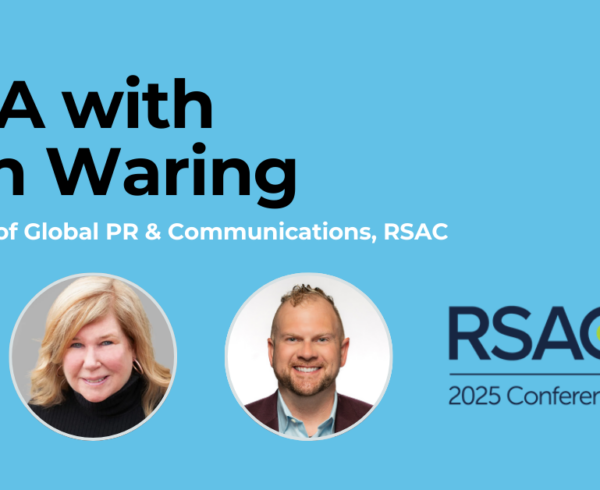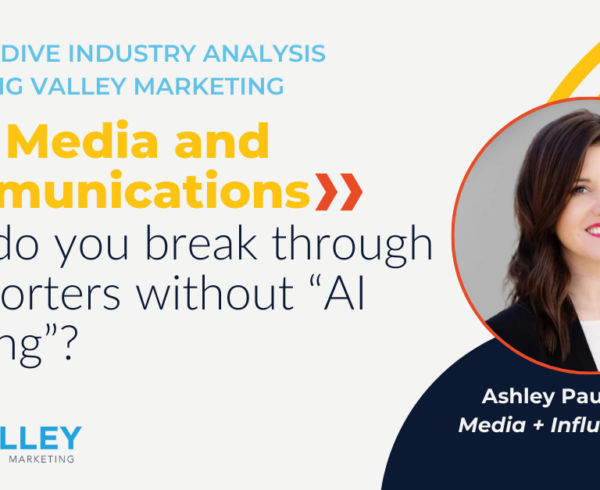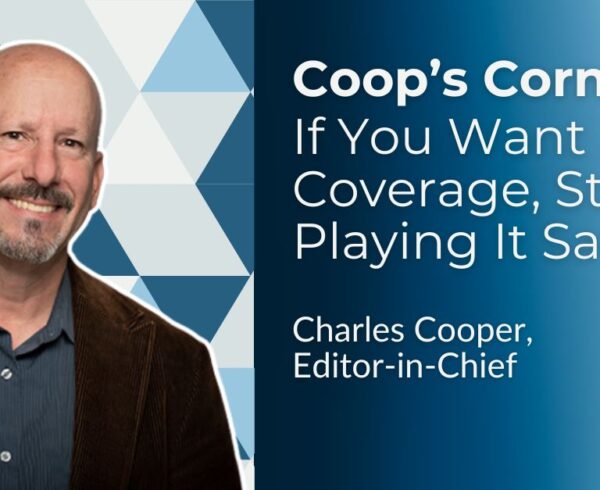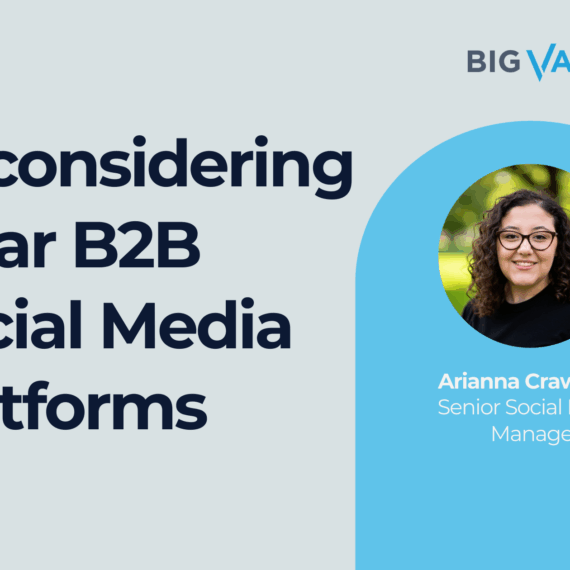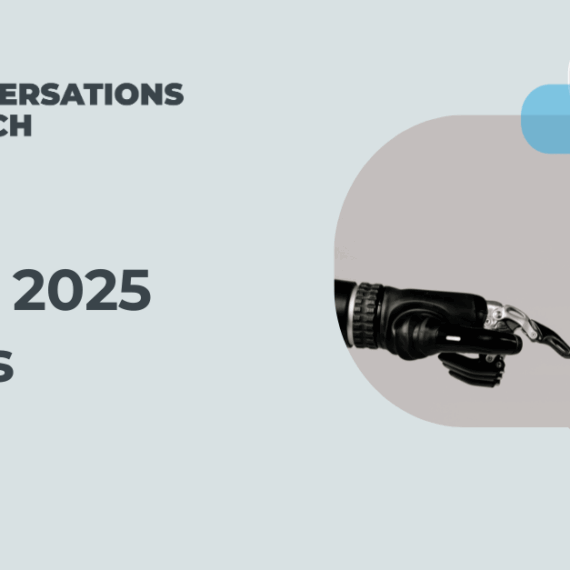This fall, I attended the Axios BFD Summit in New York City. The annual dealmakers summit was a half-day event consisting of engaging 20-minute on-stage discussions between top executives and Axios editors and reporters.
I won’t go into the key themes here. You can find those here. Instead, as a marketing/communications professional, what stood out to me was the journalistic approach to this event. I found the 20-minute interviews the perfect length. But even more significant is that the interviews were unrehearsed and in-the-moment. Whether reporters were interviewing a well-known executive or government official, they did not prepare them with questions in advance. As an attendee, it made sitting through nearly five hours of on-stage talks fun and engaging.
I know this format isn’t unusual for events hosted by media organizations. But it got me thinking about other conferences I’ve attended recently – and how I’ve helped prepare executives for those shows. Perhaps it would benefit all parties involved if spokespeople were less rehearsed. Prepared, yes. But when an interviewer over-rehearses, both sides lose the genuine, conversational tone that makes for a good talk.
When agreeing to speak at an industry event, executives should know what they’re getting themselves into and that any question is on the table. They need to be especially aware of the macro conversation and, in this case, macro-economic situation and be prepared to answer any question a responsible reporter or moderator could ask.
But being prepared is different from being rehearsed.
It’s a reminder for us in marketing and communications to make sure our spokespeople are as prepared as possible for any media discussion in a way that doesn’t sound artificial. Whether it’s a live event, a TV spot or a recorded interview for print, it doesn’t matter.
Preparing vs. rehearsing can lead to some fascinating moments. One charismatic speaker at BFD – a person I highly respect – was surprisingly caught off guard by a question about what the deal-making environment might look like post-election. I thought they would have anticipated that question, given Axios’ focus on the intersection of technology, deals and policy. But ultimately, they answered it brilliantly after admitting they weren’t expecting the question and taking a bit of time to find their words. I was surprised, given how strong of a speaker this person is. But, in the end, a moment of panic turned into a genuine, thoughtful response instead of a canned, statement-like quote.
For many, the perfect world means executives are prepared with the key points the reporter would like to cover along with a list of questions provided ahead of time. But that’s not reality. Most reporters will share a sense of the discussion they want. Some will share questions. But most won’t – both for interviews and on-stage.
There needs to be more education here – and I’m not talking about conveying the fact that this just isn’t the way things typically work. It’s that being prepared is much more important than being rehearsed. Spokespeople shouldn’t use the questions and what the reporter sends in advance as a crutch. We need to do our homework, make sure we’re on top of the larger trends and events happening around us, and then just have a conversation as an expert. A prepared expert, not a rehearsed one.



